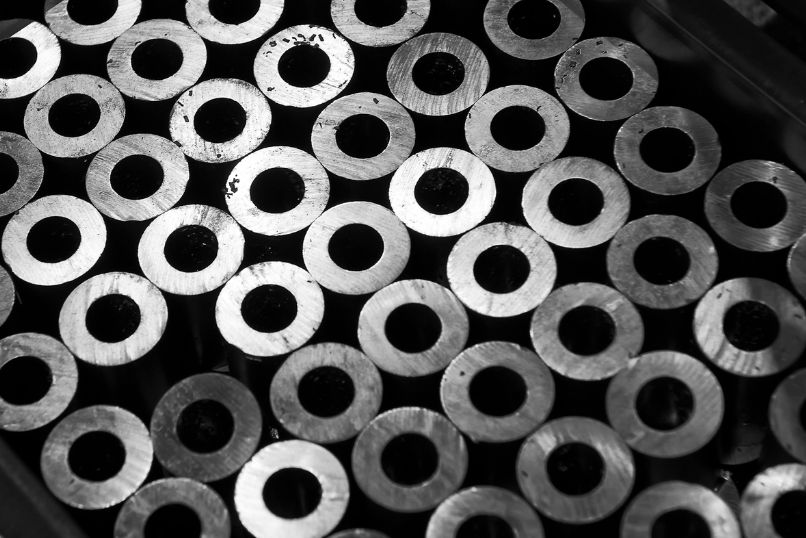Nickel alloy has become a material of choice in chemical processing plants across the globe, likely due to its robust properties, including high heat resistance, corrosion resistance, and durability. Its unique characteristics make it ideal for applications where resilience under intense conditions is paramount.
Let’s look at some of the main ways nickel alloy is used in chemical processing plants.
Piping and Fittings
One of the most common applications of nickel alloys in chemical processing is piping and fittings. These materials are common in pipelines, heat exchangers, valves, pumps, and other equipment that come in contact with corrosive chemicals or high-temperature reactions. Nickel alloys like Inconel and Monel resist various chemicals, including acids, alkalis, and salts.
Moreover, using nickel alloys can lower capital and maintenance costs in chemical plants. For example, if a plant uses stainless steel pipes in a seawater service, the pipes will corrode within 10 years. However, the lifespan of a nickel alloy pipe is much longer, up to 25 years, reducing replacement and maintenance costs.
Reactors and Vessels
Reactors and vessels are frequently around harsh and highly corrosive environments in chemical processing. Nickel alloys like Hastelloy, Inconel, and Monel offer excellent resistance to the most aggressive chemicals and high-temperature reactions, making them an ideal choice for these applications.
Additionally, nickel alloys offer greater mechanical strength and durability than other stainless steels and non-ferrous metals, which translates to fewer replacements, lower maintenance costs, and higher reliability.
Instrumentation and Control Systems
Improved process control is critical to achieving high product quality and efficiency levels in chemical plants. Most control systems, including sensors, instrumentation, and data acquisition devices, are exposed to corrosive chemicals, high temperatures, and other harsh process conditions. Nickel alloys provide exceptional resistance to the most aggressive environments, which enhances asset life and reduces downtime.
Moreover, nickel alloys have stable electrical and magnetic properties, making them ideal for electrical and electronic components. They also exhibit high wear resistance, making them ideal for moving parts and bearing surfaces, which are essential for various control and rotating equipment.
Heat Exchangers
Heat transfer is critical in many chemical processes, making heat exchangers essential equipment in chemical plants. However, heat exchangers are frequently exposed to corrosive environments, which can lead to equipment failure or reduced efficiency. Nickel alloys like Inconel, Monel, and Hastelloy provide excellent resistance to corrosion, making them ideal for heat exchangers.
Furthermore, nickel alloys offer high thermal conductivity, a low coefficient of thermal expansion, and excellent temperature stability, which makes them ideal materials for heat exchanger tubes, plates, and fins.
Using nickel alloys in chemical processing plants enhances reliability, reduces downtime, and achieves high process efficiency. From piping to heat exchangers and reactors to control systems, nickel alloys play a vital role in ensuring smooth operations and product quality. With continued advancements in material technology, we can expect to see even more uses of nickel alloys in the chemical industry.
If you need Nickel Alloy 400 for your chemical processing plant, Wieland Diversified can provide high-quality products that meet your needs. Contact us today to learn more about our nickel alloy product offerings and how they can benefit your plant.

